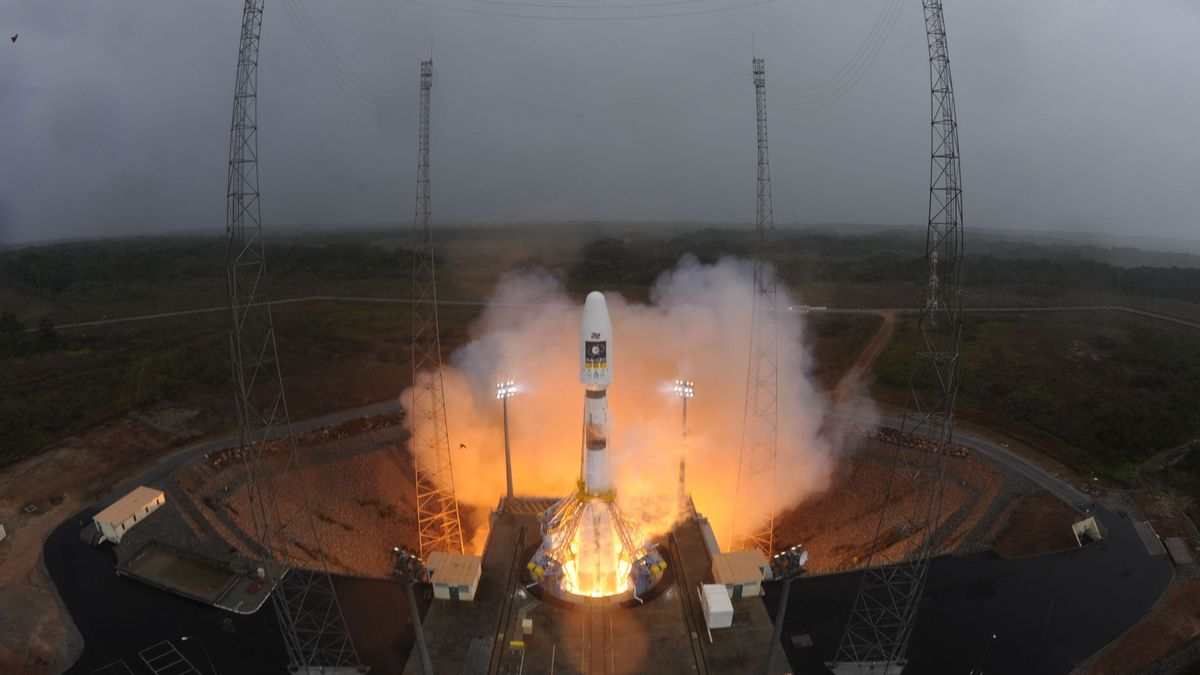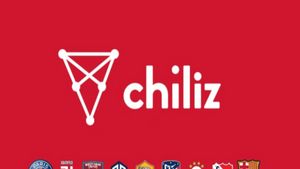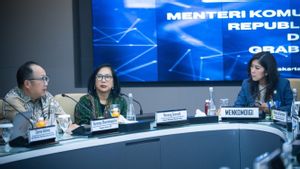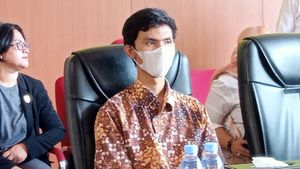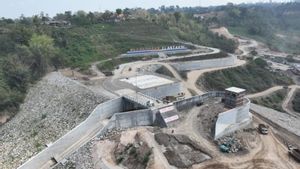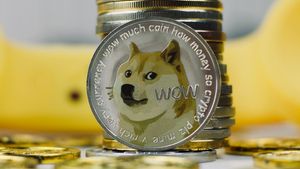More than 20 countries have gathered in Spain and are expected to focus on delayed funding Ariane 6 rockets due to climate change, and a new role in exploration.
The European Space Agency consisting of 22 countries (ESA) held a ministerial-level meeting at Sevilla on Monday, November 6. The meeting was attended by a joint session with the European Union on Tuesday, November 7 which was dominated by rapid growth of rivals in the US, such as Elon Musk's SpaceX.
The two-day "Space Summit" meeting comes as Europe faces a gap in self-access to space after delaying the launch of its new Ariane 6 rocket. This coincides with problems with the smaller Vega-C rocket and breaking access to Russian Soyuz rockets due to the war in Ukraine.
The ministers will try to resolve tensions among leading space countries such as France, Germany and Italy in terms of launch policies. This includes medium-term funding for Ariane 6, which is now scheduled for the launch of the first test in 2024, four years later than originally planned.
France, its home-based producer ArianeGroup, wants additional funding to help cover soaring costs. France's business newspaper La Tribune last week estimated a shortage of 350 million euros (IDR 5.8 trillion).
Germany, which is often considered reluctant to become a paymaster for the French industry, wants to push its own independent launch sector. Meanwhile, Italy wants to protect its Vega-C project and take steps in its exploration program.
Sources said last week there had been some progress in opening a three-way deadlock between leading launch countries in Europe. But ministers are still facing sensitive budget talks.
SEE ALSO:
Prior to the meeting at Sevilla, the Director-General of ESA, Josef Aschbacher, declined to comment on the talks. But he appealed to Europe not to repeat past mistakes in the technology sector.
"The space economy is growing... Not participating in this will be difficult to justify strategically, in my opinion," Aschbacher told French media association AJPAE.
Twenty years ago, Europe was not far from the United States or Japan when it was measured by patents and intellectual abilities.
"Today, the biggest tech company is not in Europe. Some are in the US, some are in China. We have missed the train. Quantum technology is a similar example where we are now trying to catch up," he said.
Europe has played a major role in climate, navigation and space science observations, but has not yet targeted a major role in human exploration, and has chosen a junior role in a project led by NASA or, until recently, Russia.
The ministers are expected to discuss ESA's proposal to invite private funding for new spacecraft designed to transport cargo to and from space stations in the future. The project may be adaptable to human aviation.
This proposal reminds the Hermes spacecraft, which was never realized. This is European's answer to the US Space Shuttle, which was designed to transport three astronauts but canceled in 1992.
The English, Chinese, Japanese, Arabic, and French versions are automatically generated by the AI. So there may still be inaccuracies in translating, please always see Indonesian as our main language. (system supported by DigitalSiber.id)
